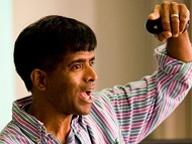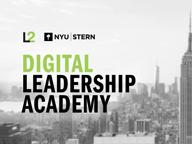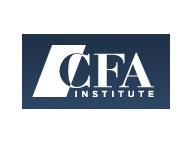Faculty News
—
Professor Alvin Lieberman comments on News Corporation CEO Rupert Murdoch's business strategy
—

Excerpt from Financial Times -- "'[Rupert] doesn’t deviate much … the stance is we’re winning and it’s not broken, so don’t fix it,' said Al Lieberman, a professor at New York University who worked for Rupert Murdoch from 1985 through 1993."
Faculty News
—

Excerpt from Financial Times -- "'[Rupert] doesn’t deviate much … the stance is we’re winning and it’s not broken, so don’t fix it,' said Al Lieberman, a professor at New York University who worked for Rupert Murdoch from 1985 through 1993."





















